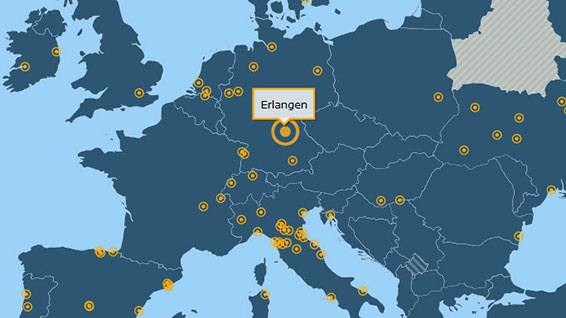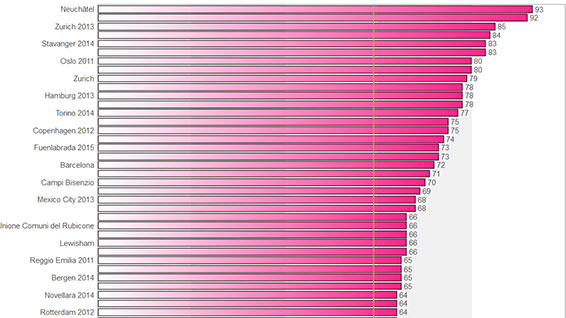About the Intercultural Cities Index
As cities embrace the intercultural approach to diversity management, they need to take stock of their achievements and challenges as a point of departure for the development of their intercultural strategies. In order to sustain motivation and adjust their efforts, cities need to assess progress over time and see whether they can learn from other cities which have concrete experience in this field.
The Intercultural cities index (ICC-Index) supports all these objectives. Cities that carry out the ICC-Index questionnaire consistently and repeatedly over a period of time will be able to discern upward or downward patterns in the key indices and, consequently, make much more informed judgements about the long-term impact of its policies and its investment.
Besides, the ICC-Index is a powerful tool for ICC city coordinators to:
- initiate a discussion within the local government about what intercultural integration means in practice
- raise awareness on the necessity of working horizontally between the various departments and services that contribute to fulfilling the intercultural agenda
- identify and learn from “good practices” by other cities
Finally, the ICC Index Charts allow for the graphical display of all ICC members’ index results, including the level of achievement of each city, progress over time, and comparison with other cities through filtering by size, demographic diversity, population, country and policy areas. Besides, the ICC Charts also compare results obtained by a city in the “extended intercultural index” which encompasses the assessment of the original (core) index as well as the new questions added in 2019.






